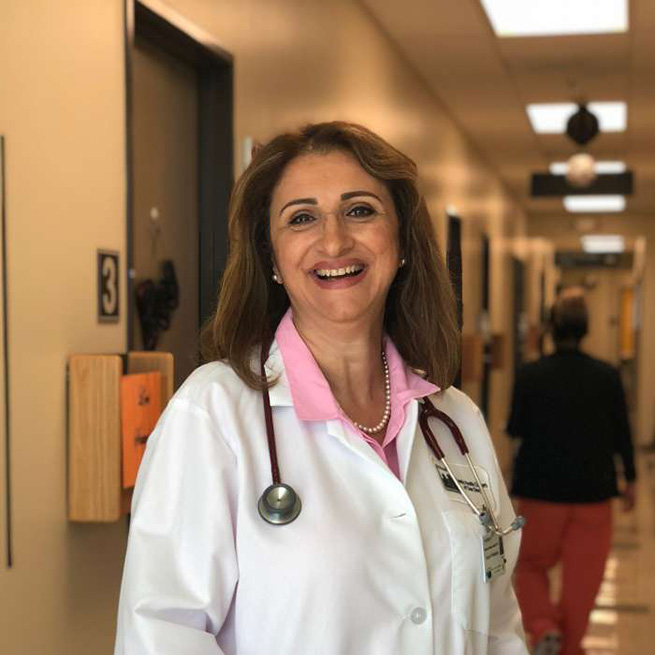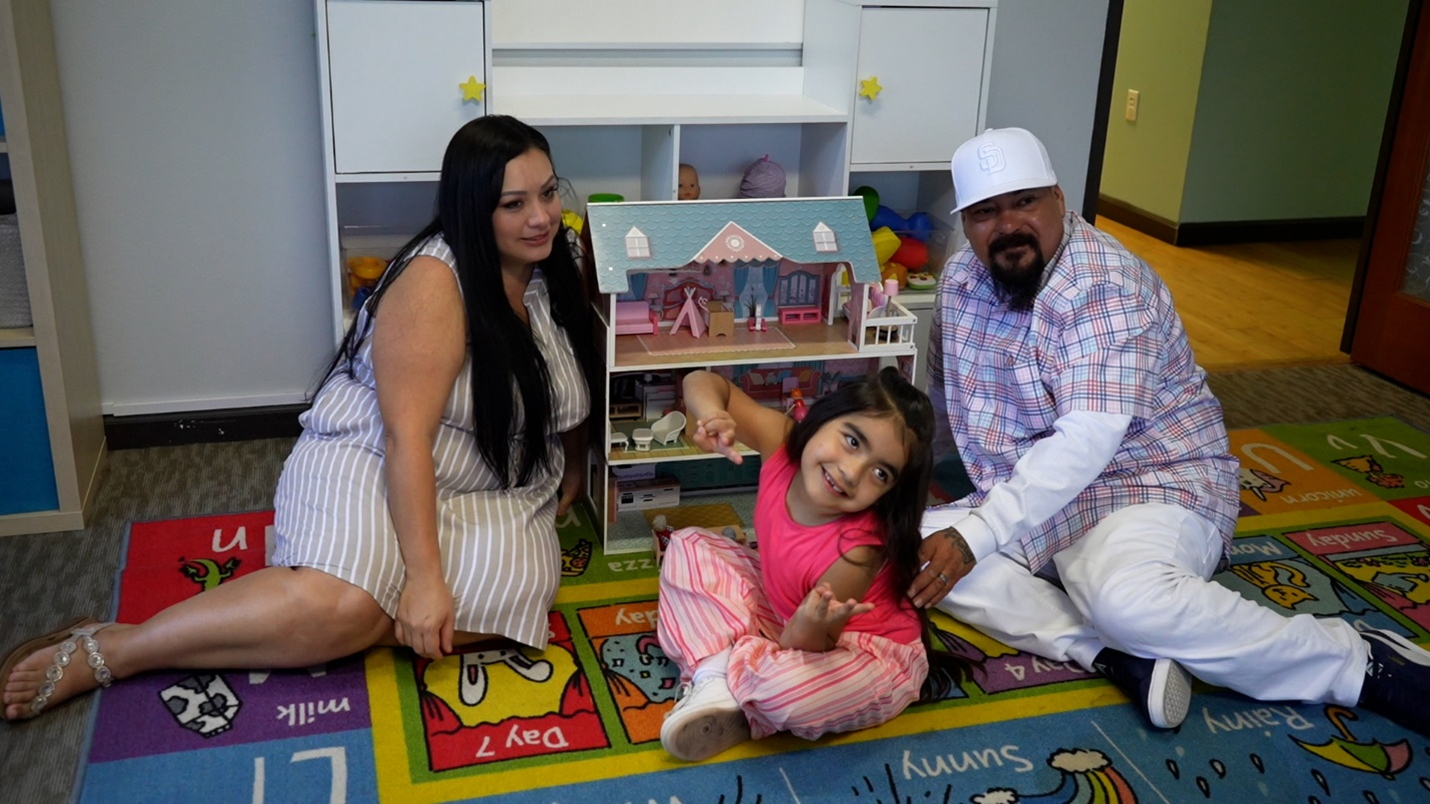In the rich populations and cultures that Family Health Centers of San Diego serves, the concept of self-care or disclosing emotional, developmental issues and mental health challenges isn’t the norm.
Because of this, children that have significant trauma – whether from fleeing war zones as refugees, experiencing hunger and poverty because of the pandemic, or other myriad experiences – do not typically access supportive mental and behavioral health resources.
The CA Surgeon General’s Roadmap for Resilience report recognized Adverse Childhood Experiences (ACEs) as an urgent public health crisis with wide-reaching health and societal impacts.
With support from the Early Childhood Initiative Resilience Grant, Family Health Centers has continued its work to provide affordable, high-quality health care and supportive services to all by institutionalizing ACEs screenings for under-resourced and medically underserved families in two high-volume pediatric clinics – El Cajon Family Health Center and North Park Family Health Center.
A Trauma-Responsive Approach

Family Health Centers first began screenings in February 2021.
“We wanted to make sure that it happened in a very efficient way, and that parents feel safe and in a secure place where they can answer [our questions],” shared Dr. Khawla Suleiman, Chief of Pediatrics and Medical Director for Pediatric Development Services.
Significant preparation and training were required for both staff and medical providers, particularly regarding trauma-informed care. Support from the American Academy of Pediatrics, California Chapter 3 allowed Family Health Centers to provide educational materials and resources in multiple languages to increase access.
In addition to assessing for ACEs, screenings and training also analyze social determinants of health – conditions in the environments in which people are born, live, learn, work and play that affect a wide range of health and quality-of-life outcomes and risks.
As of August 31, 2021, Family Health Centers had screened 1,040 youth – 550 in El Cajon and 490 in North Park – from three-week-old newborns to 4-years-olds. 56% of those screened were referred to family support specialists, who serve as care coordinators for youth identified as high-risk and work with the families to guide them to developmental resources.
Parents as Participants
“We are streamlining the access that is needed, helping the parent understand their ‘why,’, and helping the family problem-solve,” said Dr. Suleiman. Family support specialists pick up from the doctor’s recommendation to ensure that parents are active participants in the choices they are presented at the completion of screening.
“I had a parent who really appreciated the questions the screening tool asks about housing,” shared Dr. Tara Fleming, pediatrician at the El Cajon location. “While he did have current housing for him and his family, it wasn’t going to last much longer. We were able to connect him with our family support team and help him and his family get necessary housing resources.”
Dr. Srividya Sampath, a pediatrician at North Park Family Health Center, shared her experience with a parent that scored a 0 on the screening – meaning the risk of chronic disease, mental illness, violence, or being a victim of violence is significantly lower for her family. The parent still appreciated the screening process because it provided a safety net for dialogue and connection.
Family Health Center’s holistic approach normalizes asking questions about trauma and ensures that parents are not left without assistance after receiving their results, but that they have the information and tools they need to connect with community resources.
A Culture of Support
“Grants such as this help us put into action what is envisioned by our leadership. Then we learn along the way; we create additional connections among our team members, and that’s what helps us advance our mode of delivering care to our families,” shared Claudia Gastélum, Director of Pediatric Developmental Services and Healthy Development Services.
The Early Childhood Initiative Resilience Grant period runs until March 2022, and next steps for Family Health Centers include training all medical professionals and staff to operationalize these screening practices at an additional four major clinics in the region.
As part of its Strategic Plan, The San Diego Foundation is committed to building resilient communities by improving mental and behavioral health in our region. Soon, Family Health Centers will begin to address the healthy development of young children with multiple ACEs by supporting their parents in individual and group support sessions to strengthen family bonds and resilience.
“Thank you for allowing us to even do this work,” Dr. Suleiman added. “Now we are expanding to other sites. So this will be the culture here at Family Health.”




